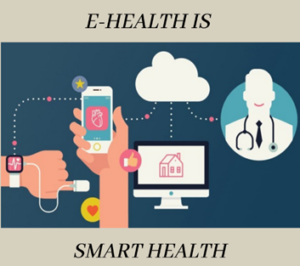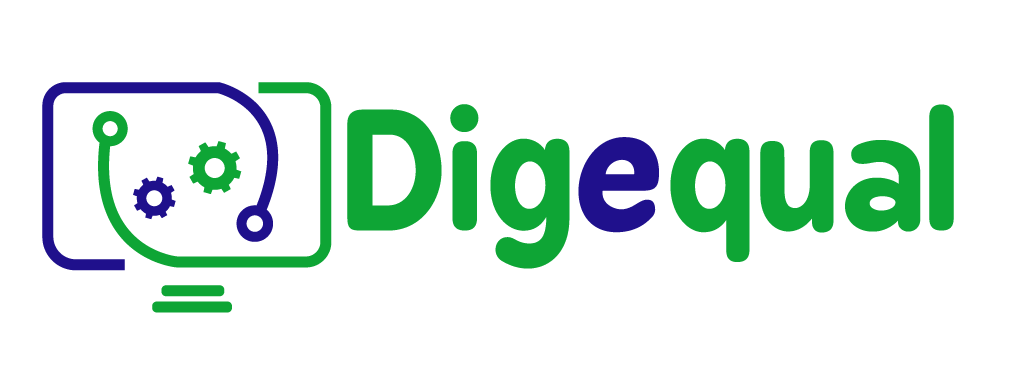Benefits of current technologies related to e-health
 e-health technologies not only help providers to reduce inefficiencies but also help patients in terms of:
e-health technologies not only help providers to reduce inefficiencies but also help patients in terms of:
- Improved access.
- Reduced costs.
- Increased quality.
- Personalised medicine for patients.
Thus, e-health technologies enable patients to manage and track health and wellness-related activities more efficiently.
Examples and benefits of e-health services
Apps
Having mobile apps dedicated to health turns our mobile phones into personal trainers, sleep monitors, diagnostic devices and more, with apps for both healthcare professionals and patients.
https://apps.apple.com/us/app/fitness/id1208224953
Apple Fitness+ gives a comprehensive view of someone’s fitness, including Activity Details, Workout and Mindfulness History, Trends, Awards, Apple Fitness+ for Apple Watch users, and sharing with family and friends, all combined into one convenient app.
https://apps.apple.com/us/app/apple-health/id1242545199
The Apple Health app provides a central and secure place for health and fitness information (review health data, track steps, create personalized sleep schedules, reminders to log scheduled medications, store health records such as allergies, lab results, etc., provision of health topics with educational articles.)
https://apps.apple.com/us/app/myfitnesspal-calorie-counter/id341232718
MyFitnessPal is a smartphone app and website that tracks diet and exercise. The app uses gamification elements to encourage adherence to exercise and diet goals.
https://apps.apple.com/us/app/rimidi-patient-application/id1480172513
Rimidi App is designed to personalise the management of chronic conditions like diabetes, heart failure and cardiovascular disease. It allows paring with market leading glucometers to pull blood glucose readings and facilitate sharing with healthcare providers.
https://play.google.com/store/apps/details?id=app.medicalid.free&hl=en&gl=US
Medical ID App allows creating medical profiles that are accessible from a mobile’s lock screen. In case of emergency, profiles enable quick access to vital information such as allergies, blood type, medical contacts, etc., that are essential to attending first responders, medics, or medical staff having to take action. It also shares someone’s location with emergency contacts even when the app is closed.
Serious Healthcare Games
These special video games are a learning resource for healthcare professionals and patients to enhance their training. They can also be used by people wishing to learn more about specific diseases.
https://dokiedhuzhqa9.cloudfront.net/
A tool in which patients can actually earn monetary rewards simply for taking their medication.
https://play.google.com/store/apps/details?id=nl.addapp.hartgame
The HartGame provides an opportunity to be a medical detective and find out the causes of the complaints per patient. The goal is to achieve the highest possible satisfaction score per patient. If the score is satisfactory, the player will be awarded the accreditation points.
https://health-iq.scoreapp.com/
This diagnostic tool will help you understand where you should prioritise your efforts by answering questions related to sleep, mental health, energy, body composition, digestion and fitness. After you finish, you will receive an overall score and a personalised report with lots on ideas on how to improve the relevant areas of health.
Wearable technology
The well-known term wearables include smart clothing and accessories such as wristbands, glasses and watches to monitor and collect information on our health and physical condition.
Designed to track vital signs, from heart rate and blood pressure to steps taken and burned calories. They can monitor sleep quality, support fall detection, track medication adherence, exercise tracking, calorie tracking, heart monitoring, and step counting.
Detects blood pressure at the patient’s wrist to a clinical level and enables them to make more data-driven decisions about their diet and everyday activities, lowering their risk of serious illness.
A small device that helps manage blood sugar levels for people with diabetes. It consists of a sensor that when is placed on upper arm can send data to a display device, such as a smartphone or watch. It can help people with diabetes manage their blood sugar levels by providing real-time data that can be used to make treatment decisions.
A device that records the electrical activity of the heart. This data can diagnose an arrhythmia, atrial fibrillation, and heart failure.
